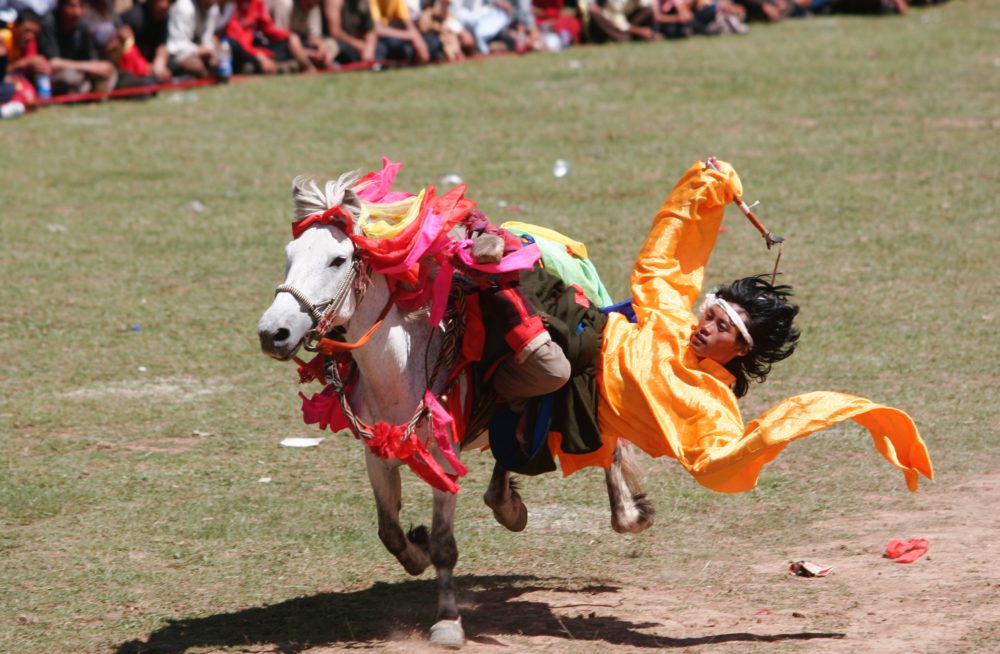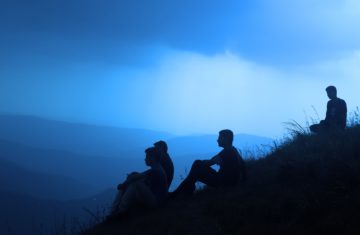Losing your patience can teach you a lot. You just have to listen. In fact, it may be that the best side-benefit of practicing patience is what you learn when you lose it.
I was talking with a friend today about expectations (which, if you’re like me and my friend, you have the habit of setting way too high). Expectations are hard on our practice of patience because they set us up for failure. They ask us for an outcome that we really can’t control, because usually, our expectations require something from other people. But we can’t change how others act, or even how they receive our most thoughtful words or actions. (There’s nothing like the holidays to drive that point home.) Expectations set a little trap, and then we tip our toes in and wonder how we get so entangled.
I try to laugh at myself when I do this, because there’s no benefit in taking ourselves so seriously that we can’t find humor in it. (That’s why I chose the picture above!) But the other thing I try to do is to get really, really curious. Why did I expect that? What need or want was behind my expectation? What did my lack of patience teach me about my own hot buttons and triggers and inner life?
One of the greatest gifts of practicing patience is that it makes us more aware–of what’s going on inside of us, of our own reactions, of how we feel about those reactions. Awareness is the seed of change. The more we become aware of what we’re doing, the more we lean into the space where change is possible. So when we get curious, we can learn so much. We open to our own awareness. Which is why losing our patience can be a very, very wise teacher.
Michele McDonald offers us good advice in her Tricycle article on patience. She writes, In a frustrating situation, it helps to ask ourselves the question, “What would being patient mean right now?” That’s a curiosity question. It asks us to consider how we might see this one moment, this singular experience, differently. Patience can look like many things–action or inaction, silence or well-chosen words. The point of practicing patience is to pause long enough for our wisdom to speak, not our emotions and reactions.
But we won’t, always. Sometimes those emotions and reactions will rear up like a galloping horse and take us right over the side. That’s okay. We can learn something either place. As McDonald says, We just need to remember to practice relaxing into our life.
Relaxing into our life, like a much-needed, stress-relieving exhale. I appreciate that image of patience…especially as the flurry of holiday activity is afoot.
What would it look like for you to relax into your life this week?
And, when you inevitably find yourself in a frustrating situation, can you get curious instead, and ask what it might mean to be patient right in that moment?
This post is part of the Paramita Project, where I’m practicing one of the Buddhist virtues for growth and transformation every month for ten months. You can read all my posts on November’s paramita, patience, here.




